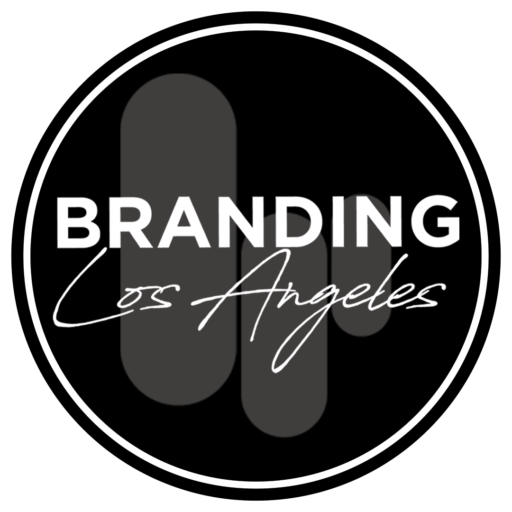10 Companies Dominate the World’s Food Brands
This comprehensive infographic offers a visual web of evidence that connects 10 companies to nearly all of the world’s most popular food brands.
The allure of supermarkets is the overwhelming diversity of product options that line the shelves. This infographic shows that the diversity we think we see is really just a façade. See for yourself:
At a Glance
The “Big 10” food companies are Mondelez, Coca-Cola, Nestle, PepsiCo, Associated British Products, Mars, Danone, General Mills, Kellogg’s and Unilever.
Packed with colorful, recognizable logos and sugary childhood favorites, this infographic is exceptionally insightful and really hits home.
Analysis
Here are some of the more curious connections in the food industry you may not be aware of:
Mondelez, an international confectionary, food, and beverage company formerly known as Kraft foods, produces Cadbury products such as Cadbury chocolates, Sour Patch Kids, Trident and Bubblicious gum, in addition to Oreos, Chips Ahoy, and Ritz crackers, just to name a few.
Nestle, popular for candy products like Crunch and KitKat, also produces California Pizza Kitchen, Digornio, Jack’s and Tombstone frozen pizzas.
Mars is popular for their chocolate products like M&Ms, Milky Way, and Snickers but they are also responsible for Uncle Ben’s and subsidiary, Wrigley, food products.
Coca-Cola isn’t interested in being just the king of soda; the company owns Dasani, Poland Springs, and Smart Water, three of the top bottled water options.
PepsiCo, a top competitor in the beverage market, also owns an impressive share of the chip market. Lays, Ruffles, Tostitos, Fritos and Sunchips are all PepsiCo products.
Kellogg’s dominates the breakfast cereal market along with General Mills, but also owns breakfast favorites Pop Tarts, Nutri-grain, and Eggo.
General Mills, meanwhile, puts out DIY classics like Totino’s, Hamburger Helper, Pilsbury and Bisquick in addition to their popular breakfast cereals.
Key Takeaways
Perhaps the most surprising revelation from the infographic is the number of food products that appear to be competitors on the surface are actually manufactured under the same parent company. In a sense, the “Big 10” food producers are really only competing against themselves.
With so few companies owning so many brand name food products, the possibility of entrepreneurial diversity of food products is diminished.
Don’t like what you see? That’s ok, because the power is in the hands of consumers. There are alternative options to feeding into the schemes of giant corporations. One option is to buy food locally from a farmers market. Another is to avoid highly processed foods altogether. Sounds like a win-win.












